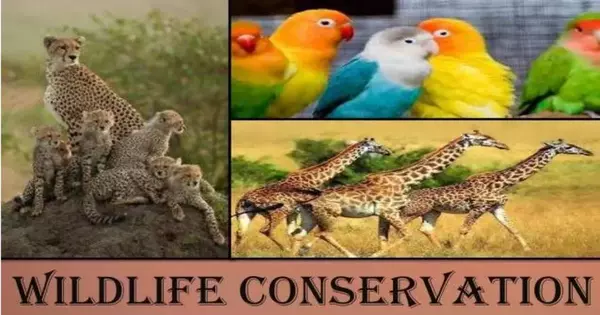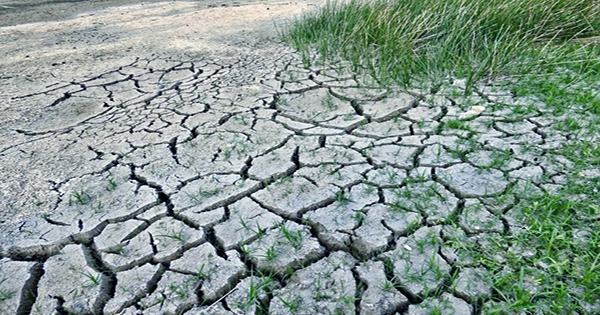Wildlife conservation is the activity of safeguarding wild species and their habitats in order to sustain healthy wildlife species or populations and to restore, protect, or enhance natural ecosystems. It is the practice of safeguarding and preserving the Earth’s biodiversity, which includes the plants and animals that live in natural habitats. Major risks to wildlife include habitat destruction, degradation, fragmentation, overexploitation, poaching, pollution, climate change, and the illegal wildlife trade. The IUCN predicts that 42,100 of the assessed species are threatened with extinction.
Extending this estimate to all existing species, a 2019 UN report on biodiversity estimated the figure at a million. It is also recognized that an increasing number of habitats harboring endangered species are disappearing on Earth. To address these concerns, both national and international governmental measures to preserve Earth’s wildlife have been launched.
It is crucial to maintain the balance of nature and ensure the survival of various species for several reasons:
- Biodiversity: Biodiversity is critical to our planet’s health. It ensures ecosystem resilience and the ability to adjust to environmental changes such as climate change and disease outbreaks.
- Ecological Balance: Each species has a distinct role to play in its ecosystem. When one species becomes endangered or extinct, the balance of the entire ecosystem is disrupted, with negative effects for other species and the environment.
- Scientific and Medical Advancements: Many scientific and medical advances have resulted from researching the distinct characteristics and behaviors of many species. Wildlife conservation can lead to breakthroughs in human health and technology.
- Aesthetic and Cultural Value: Wildlife has significant cultural and aesthetic value. Many people derive inspiration, beauty, and a sense of connection to the natural world from observing and interacting with diverse species.
- Economic Benefits: It can have economic benefits through ecotourism, sustainable resource management, and the protection of natural habitats, which can provide jobs and income for local communities.
Wildlife conservation is a global endeavor including governments, non-governmental organizations (NGOs), local communities, and individuals working together to safeguard and preserve the world’s unique and valuable natural heritage. It is critical for the survival of our planet and future generations.
The 1973 Convention on International Trade in Endangered Species of Wild Fauna and Flora (CITES) and the 1992 Convention on Biological Diversity (CBD) are two notable conservation treaties. The Nature Conservancy, World Wildlife Fund, Wild Animal Health Fund, and Conservation International are just a few of the nongovernmental organizations (NGOs) dedicated to conservation.
















